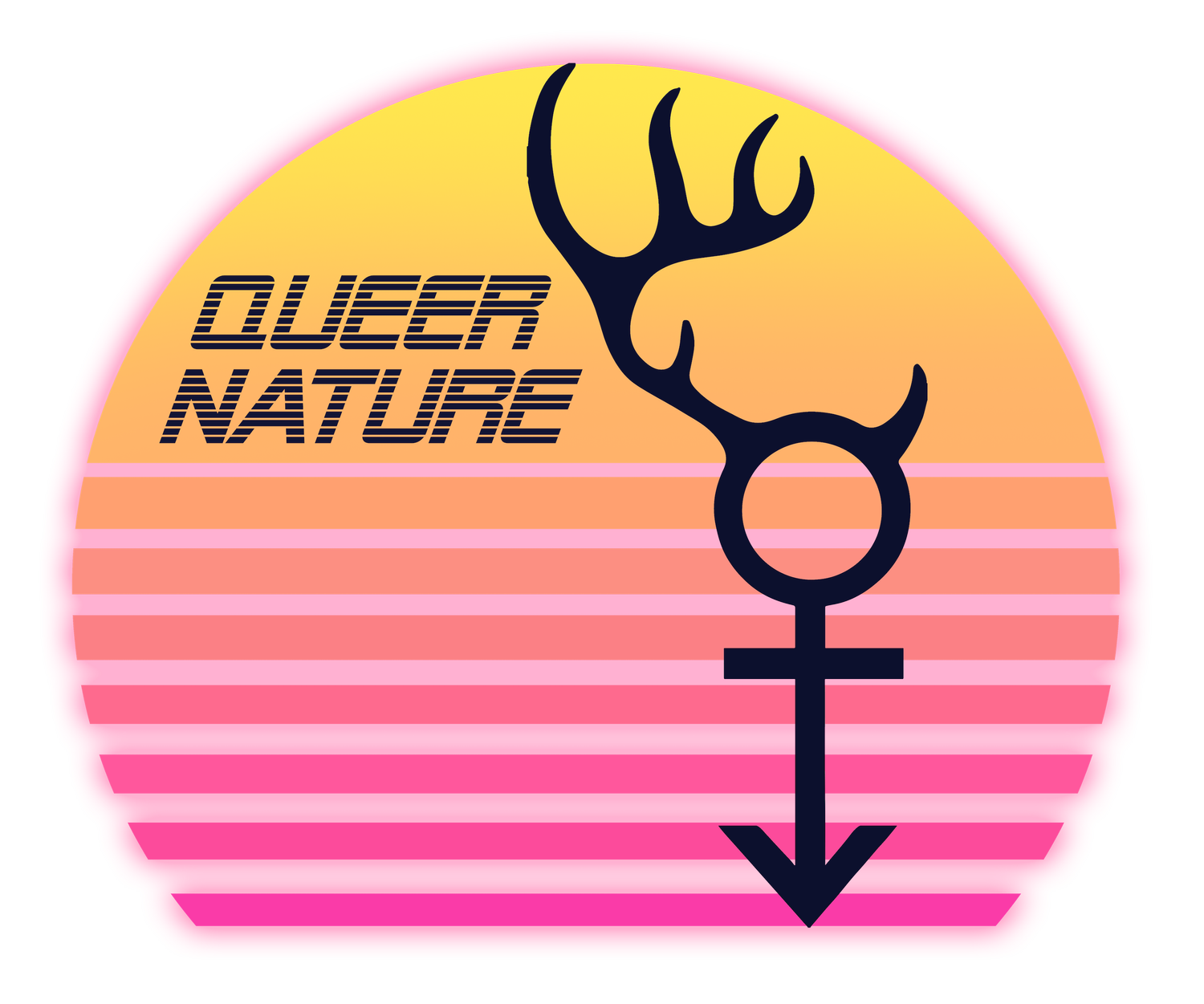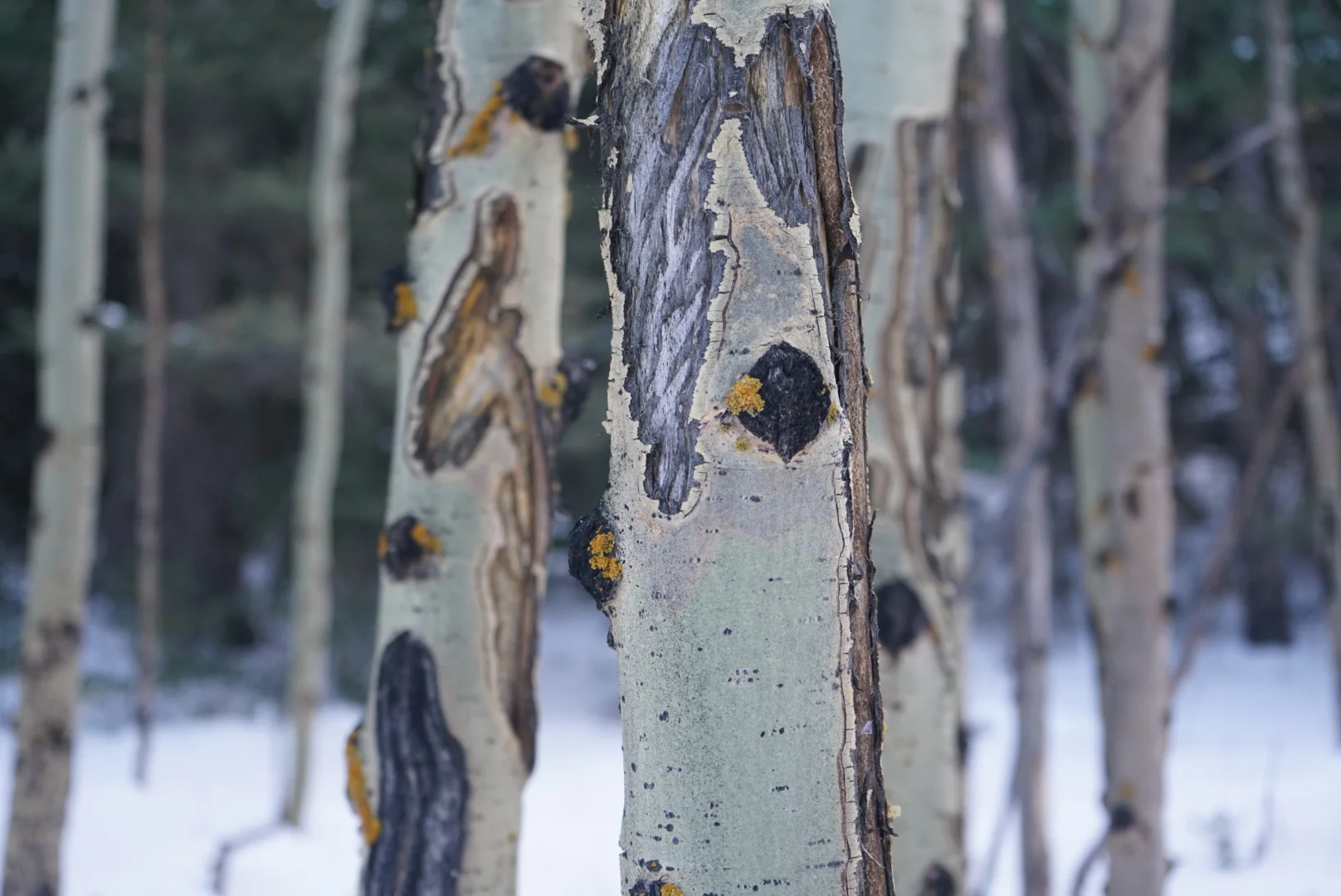Link to Related Article: Eco-fascism: The ideology marrying environmentalism and white supremacy thriving online
Nature-based education, forest schools, the rewilding movement (especially those that are white dominated, which is most), we want to call you and ourselves in! This work needs to be explicitly anti-racist and also aware of its cultural-historical context. We don’t hold all the answers as to how to do this, and this is something many folx have talked about before, but are committed to doing it together as a community. Thank you @joewhittlephotography for recently tagging us on a post by @wilderness_awaremess to engage about the vital importance of acknowledgment of indigenous lifeways & philosophies in the nature-connection / 8 shields / rewilding communities. There is currently a surge of interest in nature-based education and place-based skills in “the West” particularly among white middle+ class people and I’m seeing and hearing how harmful it is when we as mentors in this field frame our pedagogies and curriculums as “new.” They are often based in kincentric (relation-based) philosophies that are influenced by First Nations cosmologies and other indigenous cosmologies. This is true for “Western” society at large too—ecology, the study of the relationships between beings and elements of the natural world, is considered a “newer” field of science while indigenous peoples have been ecologists for thousands of years. Because of the juxtaposition of ongoing colonial processes that impact First Nations folx on this land, it is so important to continue to acknowledge that these ways of thinking that center relationship and reciprocity are in fact ancient, still living, and a great deal of energy goes into protecting and stewarding them in the face of a colonizing force that has tried to erase them. Too much harm has already been done by the coopting and repackaging of traditional ecological knowledge through processes of biopiracy (a great term to google), so we must strive for awareness in how we frame our work.
.
At Queer Nature we talk about dismantling anthropocentrism (human-centrism) and it’s associated supremacies through fostering interspecies relationship. Though, we aren’t strictly biocentric (centering the other-than-human) either in the sense of being anti-human and/or anti-civ* Rather, we are interested in questioning the dichotomy between these two—the dichotomy that separates “nature” and “culture” and therefore the same dichotomy that exists when white outdoorists ask “what does race have to do with my work?” Dennis Martinez, an ecologist indigenous to so-called Mexico, describes a “kincentric” model of environmental thought as a middle path between the extremes of biocentrism and anthropocentrism. Instead of choosing to either put humans above everything else or below everything else, Martinez describes a worldview held by his relatives and other First Nations people that centers relationship. It is clear that kin-centric or eco-centric views are catching on among folks who were not raised to think this way—but if we are utilizing these worldviews for our own transformation without engaging in accountability to our First Nations neighbors, we are not truly being kin-centric, but only selectively kin-centric.
.
At QN, we also do align with so-called ‘biocentric’ ideologies on some levels because of how much impact human supremacy has had on non-humans. “A study published this year in the Proceedings of the National Academy of Science found that if you look at the world’s mammals by weight, 96% of that biomass is humans and livestock; just 4 percent is wild animals.” (From the New York Times Magazine article “The Insect Apocalypse is here.”) Therefore we recognize that now there is a need to listen to non-humans (as well as humans) and uplift them, because they have been ecologically marginalized. The notion of ‘the earth’s’ desires, wishes, and concerns taking precedence over human ones is certainly alluring at times.
.
Because of these various places we sit, is long past due that we also acknowledge that biocentric ideologies considered by some as “radical” forms of environmentalism have been used and are being used to justify indigenous genocide and forms of “deep ecology” that are white supremacist, racist, classist, and ableist in nature. Recently (but also traceable back to Nazi ideology) biocentric ideologies have been shared in a growing vein of “eco-fascism” that takes many ideological points from some strands of deep ecology, such as the notion that humans are a cancer of the planet and the notion that population needs to be controlled. Not to mention strands of thinking in rewilding and “radical” conservation that blame indigenous peoples for species loss as a tactic for justifying oppression. Unfortunately it is all too easy to commandeer these views for use as excuses for racism and classism in very overt ways, which the current generation of social-media savvy eco-fascists are doing. One of their claims is that non-white people are destroying the environment, and related, that there needs to be a white ethnostate that is centered around “conservation.” And that’s just scratching the surface.
.
So again, encouraging white/settler-identified nature-based educators and place-based skills instructors... to consider that this work should be anti-racist in mission and orientation and aware of our place in the family of things—not just ecologically, but ideologically as well. Cosmology IS ecology!
*expansion on anti-civ: though we have been influenced by some so-called “anti-civ” literature we are skeptical of anti-civ thought without a power/privilege/racial analysis

